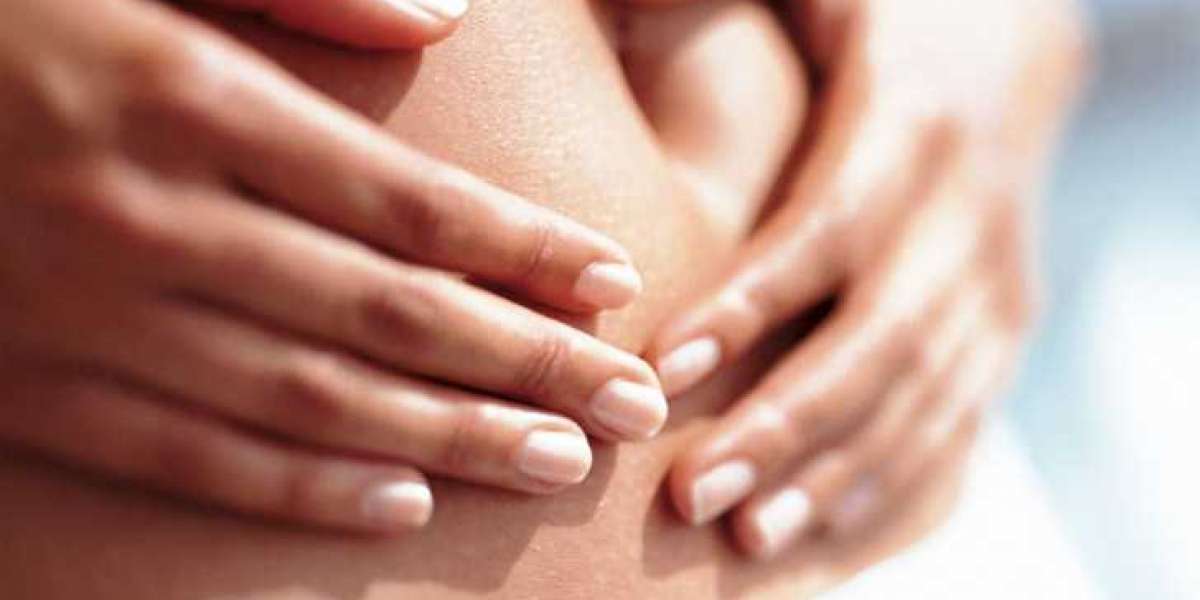The consumption of alcohol is a prevalent practice in many societies worldwide, and it is essential to understand the ideal age of consumption to ensure responsible drinking and minimize negative health consequences. In general, the legal age of alcohol consumption varies across different countries and regions, with some allowing drinking at 18 years, while others restrict it to 21 years. However, the ideal age of consuming alcohol is not solely determined by legal regulations but is influenced by several factors, including physical and mental health, social norms, and cultural beliefs.
From a physiological perspective, the human brain undergoes significant development during adolescence and early adulthood, which may make it more vulnerable to the effects of alcohol. Specifically, alcohol consumption during these critical periods can affect the development of brain structures responsible for impulse control, decision-making, and memory formation, leading to long-term consequences such as addiction, cognitive impairment, and mental health issues. Therefore, many health organizations recommend delaying alcohol consumption until the age of 21 or older to reduce the risk of alcohol-related harms.
Furthermore, social norms and cultural beliefs around alcohol consumption play a significant role in determining the ideal age of consumption. In many societies, alcohol is considered an integral part of social gatherings and celebrations, and young people are often encouraged to drink as a rite of passage or to fit in with their peers. However, these cultural attitudes can lead to excessive drinking, binge drinking, and alcohol-related problems such as accidents, injuries, and violence. Therefore, it is crucial to promote responsible drinking practices and educate young people about the risks associated with alcohol consumption.
It is also important to consider individual differences in alcohol tolerance and sensitivity when determining the ideal age of consumption. Factors such as body weight, gender, and genetics can affect how the body processes alcohol and may increase the risk of negative consequences at a younger age. Additionally, mental health issues such as anxiety, depression, and trauma may exacerbate the effects of alcohol and increase the risk of developing substance use disorders. Therefore, it is essential to consider these factors and tailor alcohol consumption guidelines to individual needs and circumstances.
In conclusion, the ideal age of consuming alcohol is a complex issue influenced by various factors such as physical and mental health, social norms, and cultural attitudes. While legal regulations may provide a framework for alcohol consumption, they are not sufficient to ensure responsible drinking and minimize negative health consequences. It is crucial to promote education and awareness about the risks associated with alcohol consumption and encourage responsible drinking practices at all ages. Ultimately, the decision to drink should be based on informed choice and individual circumstances, taking into account the potential risks and benefits of alcohol consumption.




Mimi 5 w
Drink responsibly